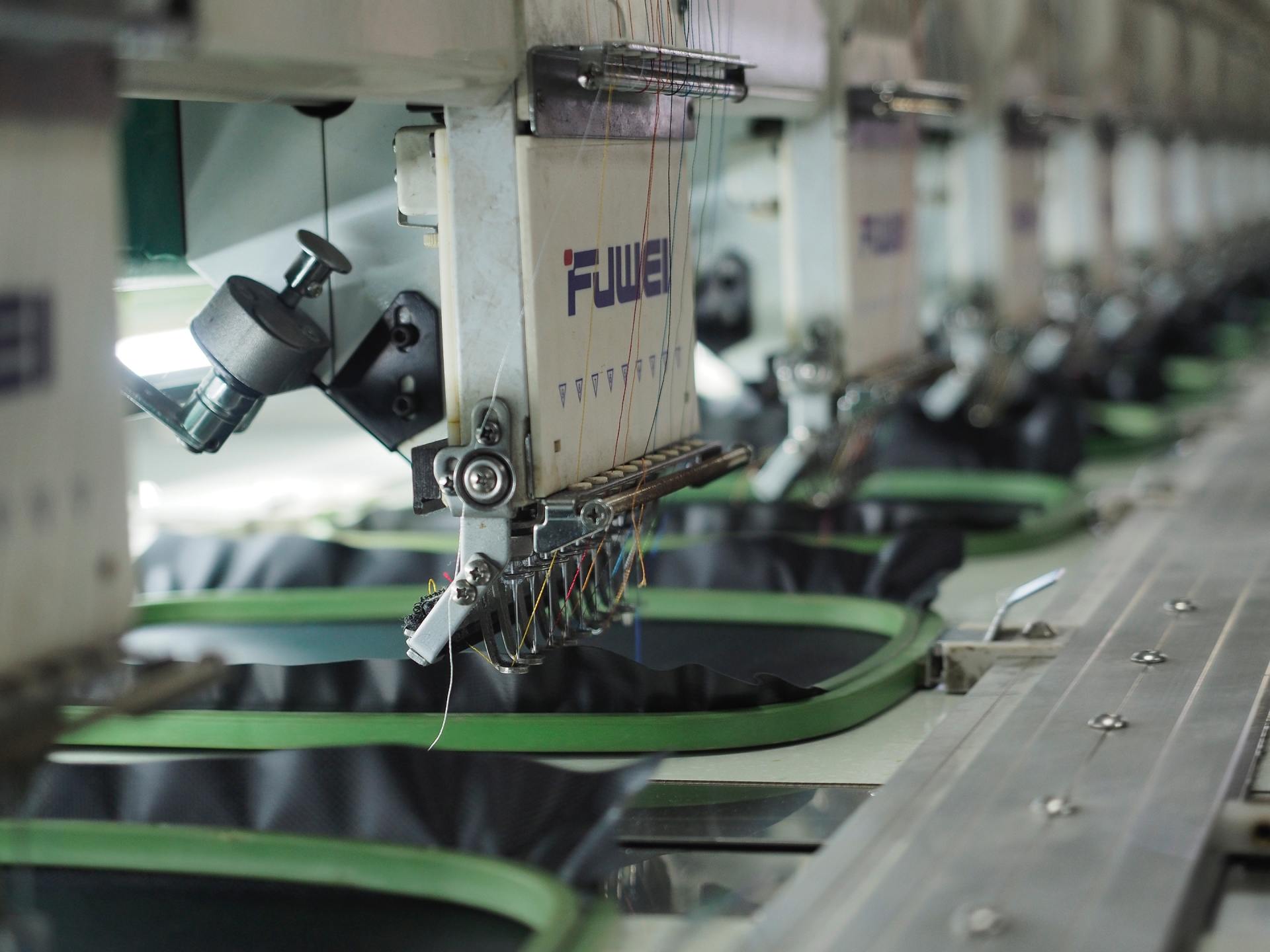The need for fully integrated K–12 STEM education in Tennessee has never been more critical. STEM (science, technology, engineering, and math) is the fifth-fastest-growing occupational cluster in the South and the seventh-largest employer with projected employment of 2.6 million workers by 2020. In order to prepare our students to take advantage of the vast opportunities in this field, we must equip students with the knowledge and skills to successfully embark upon a STEM pathway and ultimately a high-demand STEM-related career. Too many STEM jobs are being left unfilled, meaning our graduates are missing valuable opportunities to join one of the fastest growing industries in the nation. STEM education stands as a key strategy to address these gaps, provide additional opportunities to Tennessee students, and to strengthen Tennessee’s economic future.
Right now, there is a shortage of qualified STEM job applicants to fill the demand our state has. In order to ensure we have a ready workforce to fill the pipeline of STEM related career needs, we must ensure that Tennessee students are well prepared for the challenges of a STEM career. In order to advance economically, Tennessee is shifting attention to new technology in order to modernize conventional economic divisions such as agriculture. Failure to meet this need will lead our state’s STEM-related businesses to seek other means to meet demand, including moving their companies outside our state or importing talent from outside our borders.
In 2015, Tennessee ranked first in the nation in automotive manufacturing strength. With its attractive business climate and strategic location, Tennessee is home to a strong base of manufacturers representing many diverse STEM industries, led by the state’s automotive sector, which in recent years has converted into a regional and national powerhouse.3 In industries such as these, employers like Alcoa, Eastman Chemical, and Bridgestone are in need of skilled STEM technicians and engineers who can design, maintain, and operate complex production systems.
Manufacturing Module Instructions:
Return to All Resources
Download Corresponding Lesson Plans:








